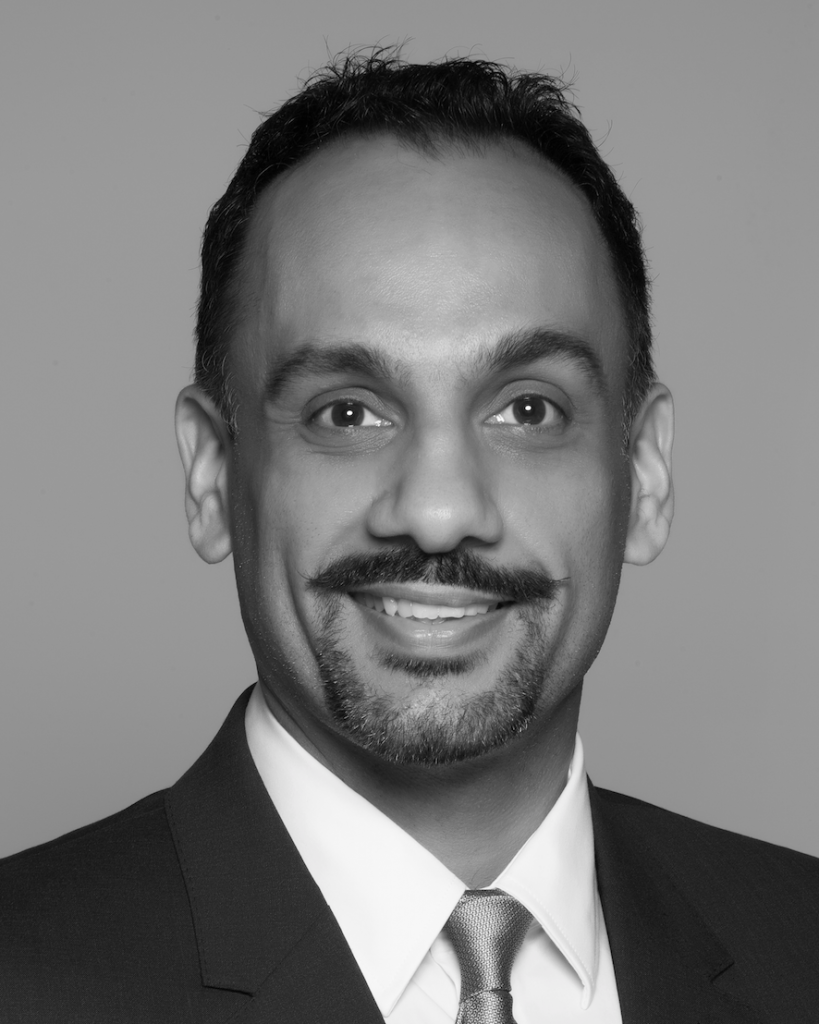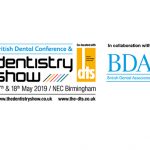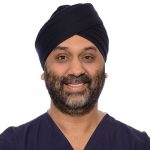
The field of facial aesthetics is showing no signs of slowing as society continues to place high value on appearance and the positive affect improvements can have on confidence and self-esteem. Dental professionals are ideally placed to provide such treatments in a safe environment and many are looking to capitalise on the opportunity to expand services from their practices.
Whether you are just starting out in the field, or you have found it challenging in the past, seeking expert advice and guidance from practitioners who have made it work can prove invaluable. This is why Dr Harry Singh – founder of the Botulinum Toxin Club, a facial aesthetics professional teaching academy – is keen to share his ideas and experience within the field of facial aesthetics at the British Dental Conference and Dentistry Show 2019. About his presentation “How to add an extra £120,000 annual income from facial aesthetics” in the Facial Aesthetics Theatre, he says:
“Many dental professionals undertake the necessary clinical training but struggle to get enough patients through the door to support their facial aesthetic offerings in the long-term. This lack of patient interest can lead to a loss of confidence for professionals and quickly put a stop to facial aesthetic services. This is a shame as there is definitely enough appetite out there to not only sustain a business, but allow it to truly thrive.
“I hope that my session at the British Dental Conference and Dentistry Show 2019 will unlock the potential of facial aesthetics in delegates’ dental practices. I will share the tried and tested strategies that I implemented in order to build my facial aesthetics business – ultimately, they enabled me to give up dentistry and focus solely on facial aesthetics, so I know they work.
“Delegates will discover that any business success relies on the three concepts of attraction, conversion and retention of patients. If you can master all three, you’ll be able to turbo boost your profits from facial aesthetics. The same concepts can be utilised in your dental business too.
“I believe that more and more of your dental patients will be requesting facial aesthetic services in 2019, especially if you market effectively. It all comes down to one important question: do you want their business or will your competition get them? My sessions will offer simple strategies to implement immediately and offer a massive return on your time spent at the show.”
The British Dental Conference and Dentistry Show 2019 will offer a wealth of information and advice on various other topics of relevance to modern dental professionals. Lecture programmes will be dedicated to orthodontics, periodontology and dental implants, with the main theatres tailored to each member of the dental team to ensure something for everyone. In addition, the trade floor will host more than 400 exhibitors, enabling delegates to discover the latest products and innovations while networking with friends and colleagues.
“The British Dental Conference and Dentistry Show 2018 was excellent and I’d expect 2019 to be no different,” adds Dr Singh. “There is no other conference that has such a wide and varied array of topics and world-class speakers. It is the one-stop experience for all dental professionals.”
The British Dental Conference and Dentistry Show 2019 will be held on Friday 17thand Saturday 18thMay at the Birmingham NEC, co-located with DTS.
For further details visit www.thedentistryshow.co.uk, call 020 7348 5270
or email dentistry@closerstillmedia.com











